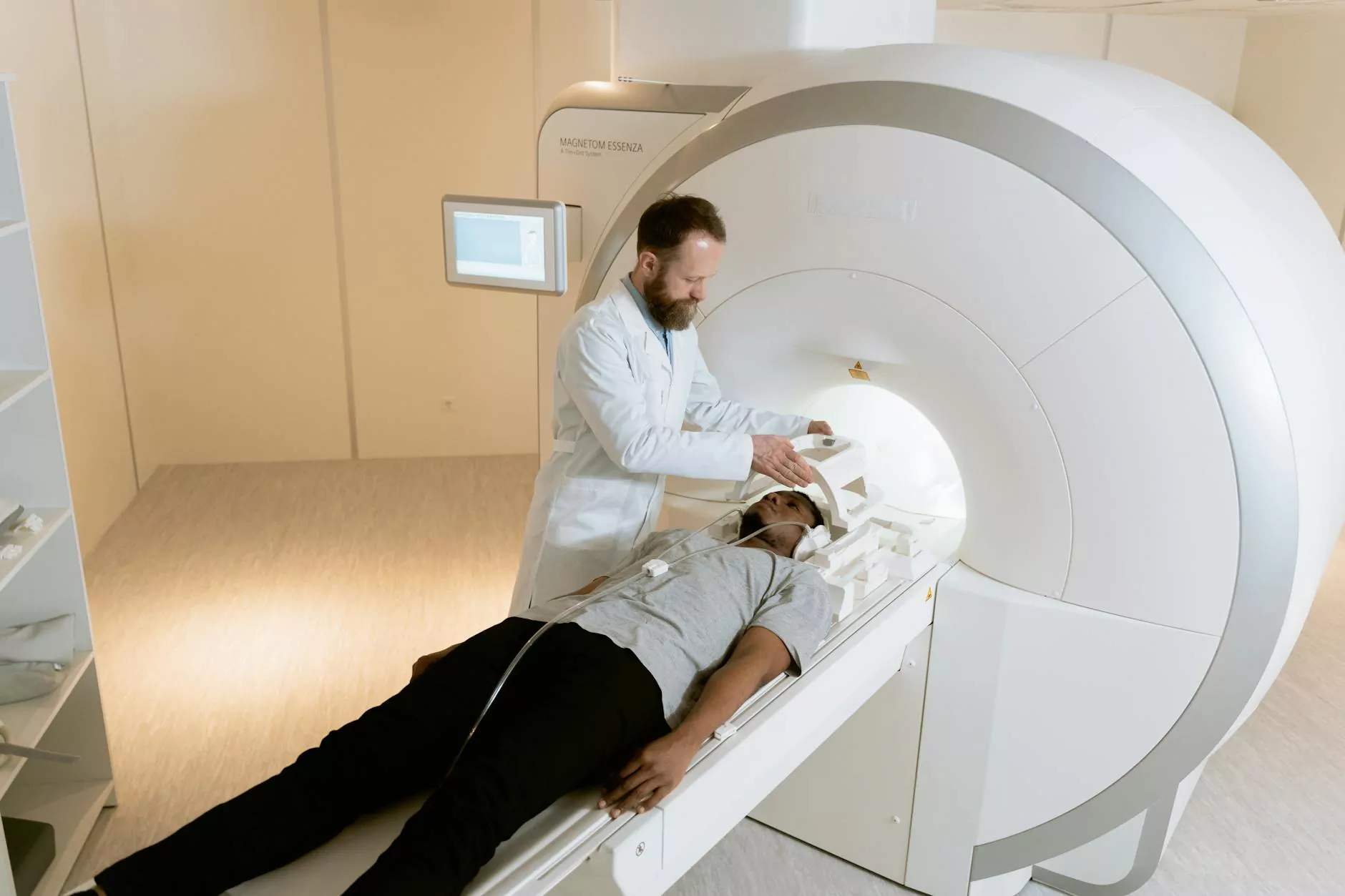Embracing Health: The Role of Handsome Doctors in Modern Healthcare

In today's health-conscious society, the appearance of medical professionals, specifically handsome doctors, plays an intriguing role in shaping patient experiences and health outcomes. The intersection of healthcare with societal perceptions of beauty raises interesting discussions. This article delves into how attractive physicians can enhance patient interactions and influence health behavior and engagement.
The Impact of Physician Appearance on Patient Trust
Research indicates that patients often perceive healthcare providers with attractive features as more competent and trustworthy. This assumption can lead to stronger doctor-patient relationships, fostering an environment where patients feel more comfortable expressing their concerns and following medical advice.
1. Understanding the Psychology Behind Appearance
The phenomenon of "attractiveness bias" suggests that people associate physical attractiveness with positive personality traits. In the medical field, this bias can be beneficial. When patients meet handsome doctors, they may unconsciously believe these professionals have superior skills and knowledge, which can result in:
- Increased adherence to medical advice: Patients are likely to follow treatment plans when they trust their physicians.
- Higher patient satisfaction: A pleasant interaction with an attractive physician can enhance overall patient experience.
- Improved health outcomes: Effective communication facilitates better health knowledge among patients.
Enhancing Patient Engagement Through Appearance
In a world where first impressions matter, handsome doctors tend to be more approachable. This can lead to improved communication, which is crucial in healthcare settings. Patients who feel a connection with their physicians are more likely to engage actively in their health management.
2. The Role of Telemedicine
With the rise of telemedicine, the dynamics of doctor-patient interactions have evolved. Patients often feel they know their *handsome doctors* even before visiting them in person. A well-composed online presence, combined with appealing visuals, can create a perception of charisma and professionalism. This digital presence influences trust and communication in the following ways:
- Visual appeal: High-quality photographs and engaging videos improve the perceived credibility of healthcare providers.
- Accessibility: A charismatic online presence encourages patients to seek help for minor or major health issues.
- Consistent communication: Regular online interactions build rapport and sustain patient interest in their health care.
Social Media and the Rise of Influencer Doctors
The emergence of social media has allowed handsome doctors to garner significant followings. Influencer physicians utilize platforms like Instagram and TikTok to educate the public while showcasing their charm and expertise. This unique blend of medical knowledge and social appeal is revolutionizing how patients interact with healthcare professionals.
3. Benefits of Doctor Influencers
The integration of charming medical experts into social media platforms has introduced various benefits:
- Health education: Influencer doctors can convey complex medical information in an easily digestible format.
- Increased health literacy: Accessible content raises awareness about health issues, preventive measures, and treatment options.
- Community building: Engaging with followers creates supportive communities focused on health and wellness.
Examining the Societal Impacts of Attractive Doctors
Attractiveness is often associated with positive social outcomes, and this trend presents itself prominently in healthcare. The appearance of handsome doctors can have both positive and negative societal implications. Understanding these aspects can help shape health policies and training programs that focus on holistic patient care.
4. Positive Outcomes
While the attractiveness of physicians may seem superficial, it can lead to tangible benefits for both patients and healthcare systems:
- Enhanced patient trust: Patients are more likely to share personal health concerns with physicians they find attractive.
- Motivated healthcare staff: A diverse team of appealing healthcare professionals promotes motivation in workplace settings.
- Personalized care: More accessible physician-patient communication enhances personalized treatment plans.
5. Potential Ethical Concerns
Despite the benefits, there are ethical concerns surrounding the emphasis on appearance in the medical field. These concerns can undermine the patient-provider relationship and even perpetuate stereotypes:
- Objectification: Overemphasis on physical appearance could lead to objectifying healthcare providers, detracting from their professional skills.
- Discrimination: Attractive doctors might receive preferential treatment, while others may face prejudice, impacting career advancements.
- Impact on self-esteem: Patients who feel their doctors are "too attractive" might experience feelings of inadequacy or discomfort during consultations.
Balancing Appearance and Skill in Healthcare
While allure may initially attract patients, it is the medical knowledge and compassionate care that establish lasting relationships. Hence, balancing appearance with skill is essential for healthcare providers.
6. Fostering a Holistic Approach
Healthcare institutions can implement the following strategies to foster a more balanced perception of medical professionals:
- Skills training: Encourage ongoing training that prioritizes communication skills and emotional intelligence.
- Branding education: Teach potential doctors about the implications of their online presence and the role of personal branding.
- Encouragement of diversity: Foster an inclusive environment where all physicians, regardless of their physical appearance, are appreciated for their expertise.
Conclusion: The Future of Healthcare and the Role of Handsome Doctors
The conversation around handsome doctors and their impact on healthcare is ongoing, and as society progresses, these dynamics will continue to evolve. Ultimately, the focus should be on both medical proficiency and the ability to connect with patients in meaningful ways.
In this evolving landscape of healthcare—where appearance, social media influence, and patient engagement converge—it becomes increasingly essential for healthcare professionals to harness their strengths, leading to successful patient interactions and improved health outcomes. Thus, the future of healthcare not only allows for handsome doctors but encourages all practitioners to excel at both their clinical responsibilities and their interpersonal skills.
Achieving a fine balance between medical expertise and personal charisma is crucial for healthcare professionals as they aspire to provide excellent patient care and foster trust within the communities they serve. With continuous efforts and comprehensive training, the healthcare sector, including ansomone doctors, will thrive, ensuring a healthier society for all.



